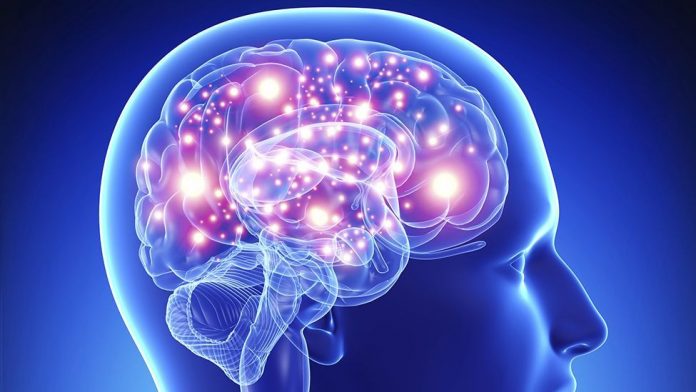A study out of the University of Wisconsin-Madison and published recently in the journal Biological Psychiatry, made findings that childhood stress leads to brain abnormalities. Such findings have been made by a number of studies in recent years. However, each study uses a unique approach and methodology and further confirms these concepts providing a more complete understanding of the issues.
Specifically, the Wisconsin-Madison study, led by Jamie L. Hanson, examined four samples of children. Three of the sample groups were identified to have suffered physical abuse, early neglect, and low socio-economic status. The researchers then used a fourth sample group who were not identified to have been subject to any of the other three criteria.
The researchers interviewed the children and their parents or guardians regarding the children’s experiences with early life stress and then examined images of the brains of these groups of children. Specifically focusing on two regions of the brain, the hippocampus and the amygdala, the researchers found measurably smaller volume in the amygdalas and hippocampi of the children in the groups subject to early life stress in contrast with the control group.
The study found smaller amygdala volumes in all three of the early life stress groups and smaller hippocampal volumes in the children who had been physically abused and those from lower socio-economic backgrounds. Higher overall early life stress and behavior problems were linked directly to lower volumes of the hippocampus and the amygdala.
The hippocampus is the area of the brain responsible for forming, storing, and processing memory and information. Among other things, it is involved in spacial orientation and navigation. It is part of the brain’s limbic system which is involved in emotion control and expression. The amygdala, also part of the limbic system, is shown to play a key role in emotion processing and expression. Its size is correlated with aggressive behavior across species.















